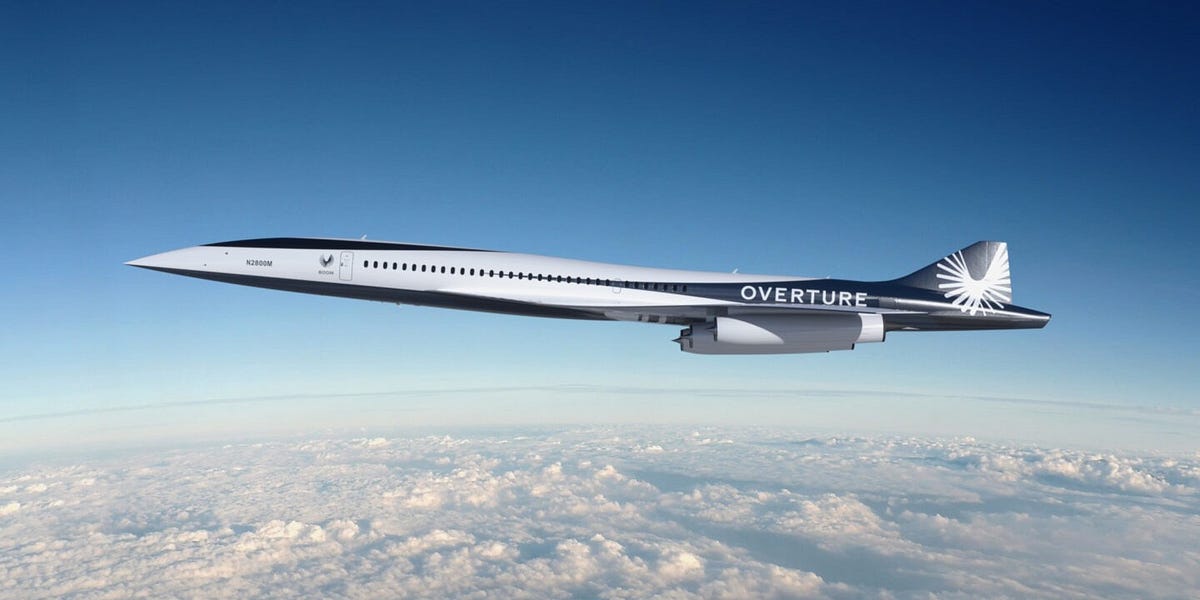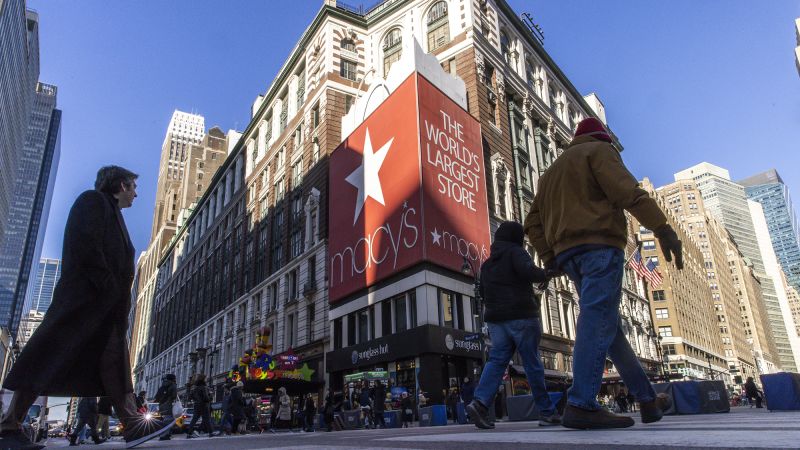If you’re like me and find the middle point of a Venn diagram consisting of sports and aviation interesting, you probably saw the recent Wall Street Journal story that says the NFL is “quietly keeping tabs” on the development of supersonic flight technology.
For those who aren’t up to speed, an American aerospace startup, Boom Supersonic, is trying to build the first commercial supersonic aircraft since the Concorde retired in 2003. Boom has raised more than $600 million in funding and has already broken the sound barrier (Mach 1 speed or 770 miles per hour) with a prototype jet. Commercial airliners like United, American Airlines, and Japan Airlines have pre-ordered 130 planes, and Boom says its supersonic flights will be available to passengers by 2030.
If everything goes as planned, Boom’s supersonic ambitions would cut transatlantic flight times in half. By traveling 2x faster over water, a flight from Philadelphia to London on Boom’s Overture plane would only take 3:45 hours instead of 6:45. Miami to Madrid could be done in 4:25 instead of 7:35, and a 7:00 am departure from NYC would land in London by 3:40 pm. Flying supersonic would effectively eliminate the need for overnight flights and make weekend trips from the U.S. to Europe possible.
Cutting international flight times in half would be of great interest to the NFL. The league has been floating the idea of placing permanent franchises in Europe for some time, and this would solve its single biggest issue. If successful, a flight from New York to London would be 3 hours shorter than a flight from New York to Los Angeles.
But while utilizing supersonic airplanes to create a European division sounds like a good idea in theory, it largely ignores reality. The aforementioned WSJ piece is way too surface-level, and while I don’t necessarily expect every sports writer to know (or care) about the details of supersonic travel, the real story is far more interesting.
Boom is burning hundreds of millions of dollars, its timelines are far too ambitious, and even if it completes everything it is attempting, the NFL is still unlikely to benefit.








